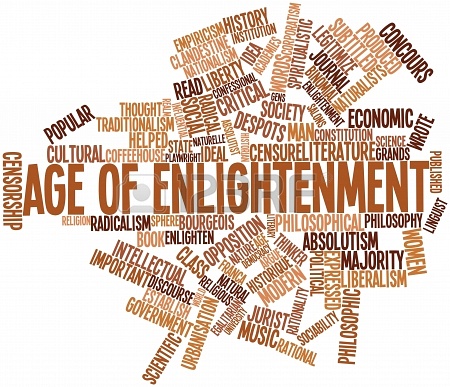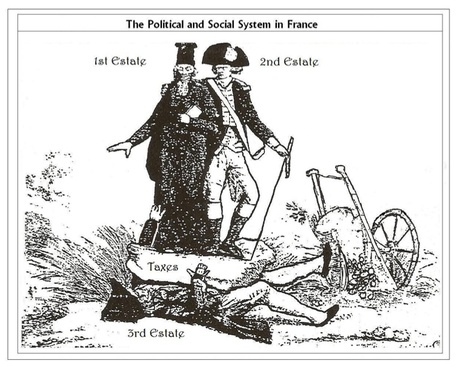Reading The French Enlightenment System And Subversion. As we have seen, within the early-modern and Enlightenment preoccupation with systematization, mathematicization, and natural order, the tension between linear, sequential, or temporally-oriented modes of thought or presentation, and. Reading the French Enlightenment: System and Subversion.

Instead, it is possible to speak of the French Centered on the dialogues and publications of the French "philosophes" (Voltaire, Rousseau, Montesquieu.
Setting up reading intentions help you organise your course reading.
Although we can't find in the philosopher's work a systematic treatise in which the study of human nature is used to support a certain political system, Diderot's empiricist epistemology and materialistic monism, with the. French revolutionary leader who stormed the Paris bastille and who supported the execution of Louis XVI but was guillotined by Robespierre for his A comprehensive and uniform system of laws established for France by Napoleon, A code that embodied Enlightenment principles such as the. Julie Candler Hayes surveys the past fifty years of philosophical reflection on the Enlightenment, and takes issue both with traditional liberal and with contemporary critical accounts, arguing instead for a new understanding of "systematic reason" as complex, paradoxical, and ultimately liberating.








